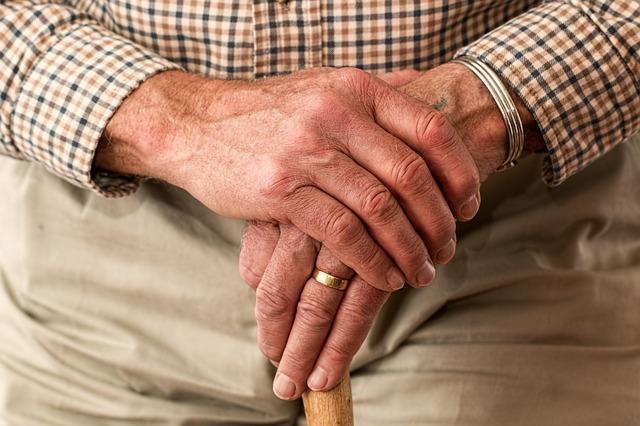The threshold for when to perform elective surgery in a frail patient may be much higher than previously thought, according to new research coauthored by Paula Shireman, M.D., M.S., M.B.A., of UT Health San Antonio. The journal JAMA Surgery published the findings Nov. 13.
The retrospective study of 432,828 patients treated in veterans hospitals between 2010 and 2014 found that frail patients were more likely to die within 30, 90 and 180 days after surgery than non-frail patients. This was true even after low-stress surgical procedures such as cystoscopy (scope of the bladder) and moderate-stress procedures such as laparoscopic cholecystectomy (minimally invasive gallbladder removal). The 30-day mortality rate among frail patients after a low-stress procedure was 1.55%. For frail patients who underwent a moderate-stress surgery, it was 5.13%. These rates are higher than the 1% mortality rate often used to define high-risk surgery, the authors wrote.
Dr. Shireman, a professor of surgery and practicing vascular surgeon in the Long School of Medicine at UT Health San Antonio and the South Texas Veterans Health Care System, said the study offers guidance to surgeons, patients and families about whether a frail patient should undergo surgery, particularly elective procedures.
“Elective cases — that’s really where the take-home message of this study is,” Dr. Shireman said. “If a frail patient shows up in an emergency situation, it’s different. But what about elective cases? Do you do the surgery? Is it in a patient’s best interest?”
The frail are more vulnerable
Frailty is a clinical syndrome marked by slow walking speed, weak grip, poor balance, exhaustion and low physical activity. Frail individuals have increased vulnerability to events such as falls and disability. Multiple studies in the veterans affairs (VA) system and academic medical centers have demonstrated that frail patients have higher rates of complications and mortality; however, these studies have focused on higher-risk surgical procedures.
“Surgeons are better at looking at patients and saying, ‘I think you’re too frail to survive a really stressful surgery,’ and we don’t operate on them because we have a pretty good sense that they will have a bad outcome,” Dr. Shireman said. “But maybe we don’t use that same lens when it’s a much less stressful surgery.”
Perhaps frail individuals have better things to do with their remaining time than recovering from an elective surgery. “There is no right or wrong answer,” Dr. Shireman said. “Two patients, given the exact same scenario, could choose entirely opposite directions. Our approach has to be patient-centered.”
Future studies
Because the study examined a population of veteran patients who were almost all men, further research is needed. Dr. Shireman is the principal investigator of a multisite, National Institutes of Health-funded Collaborative Innovation Award (U01) grant collaborating with research co-author Daniel Hall, M.D., M.Div., M.HSc., of the University of Pittsburgh Medical Center. They will apply the same methods from the current study to health care outcomes data from non-veterans in three civilian health systems. “Our future studies will include higher proportions of female, Hispanic and African American patients, and therefore a much greater racial and ethnic diversity than in the current study,” Dr. Shireman said.
# # #
Reference: “Association of Preoperative Patient Frailty and Operative Stress With Postoperative Mortality,” JAMA Surgery, Shinall, et al.
Funding: U.S. Department of Veterans Affairs, Veterans Health Administration, National Institute on Aging, National Cancer Institute.
# # #
Stay connected with UT Health San Antonio on Facebook, Twitter, LinkedIn, Instagram and YouTube.
The University of Texas Health Science Center at San Antonio, now called UT Health San Antonio®, is one of the country’s leading health sciences universities. With missions of teaching, research, healing and community engagement, its schools of medicine, nursing, dentistry, health professions and graduate biomedical sciences have produced 36,500 alumni who are leading change, advancing their fields and renewing hope for patients and their families throughout South Texas and the world. To learn about the many ways “We make lives better®,” visit www.uthscsa.edu.


